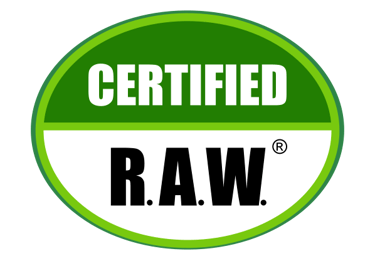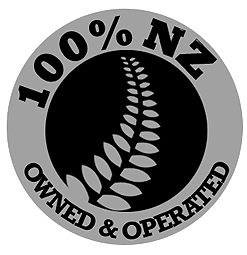1. What is Manuka honey?
Manuka honey is a unique type of honey produced in New Zealand from the nectar of the Manuka tree (Leptospermum scoparium). It is renowned for its distinct flavor and notable health benefits.
2. What makes Manuka honey different from regular honey?
Manuka honey stands out due to its high concentration of methylglyoxal (MGO), a compound known for its strong antibacterial properties. This makes it more potent than regular honey, which typically has lower levels of MGO.
3. What are the health benefits of Manuka honey?
Manuka honey is celebrated for its antibacterial, anti-inflammatory, and antioxidant properties. It is often used for wound healing, soothing sore throats, supporting digestive health, and improving skin conditions.
4. How is the quality of Manuka honey measured?
The quality of Manuka honey is often assessed by its MGO content. Higher MGO levels generally indicate higher quality and greater potency.
5. How should I use Manuka honey?
Manuka honey can be enjoyed in various ways: as a natural sweetener in tea or foods, applied topically to wounds or skin irritations, or consumed directly for its health benefits. For specific therapeutic uses, consult a healthcare professional.
6. Is Manuka honey suitable for everyone?
Manuka honey is generally safe for most people but is not recommended for infants under one year old due to the risk of botulism. Those with allergies to bee products should consult a healthcare professional before use.
7. How should I store Manuka honey?
Store Manuka honey in a cool, dry place away from direct sunlight. Keep it in a sealed container to maintain its quality and prevent contamination.
8. Can Manuka honey be used for cooking?
Yes, Manuka honey can be used in cooking and baking. However, high temperatures may diminish some of its beneficial properties, so it’s best added towards the end of cooking or used as a raw ingredient.
9. How can I verify the authenticity of Manuka honey?
All our honey is tested in approved New Zealand Government MPI laboratories to ensure the highest quality standards. Additionally, our honey is packaged at government-regulated RMP facilities. We maintain full traceability from hives to home, ensuring that our Manuka honey retains its authenticity and quality throughout the entire process.
10. How does MGO affect the taste of Manuka honey?
Honey with higher MGO may have a slightly bitter taste. This is a natural characteristic of honey with higher antibacterial potency.












